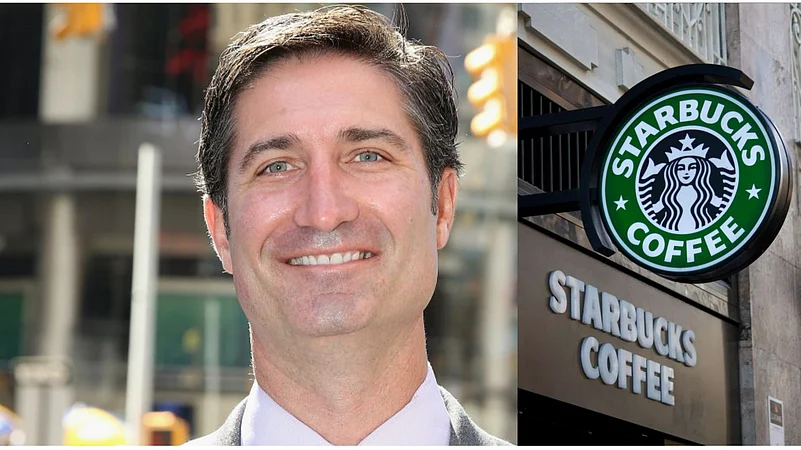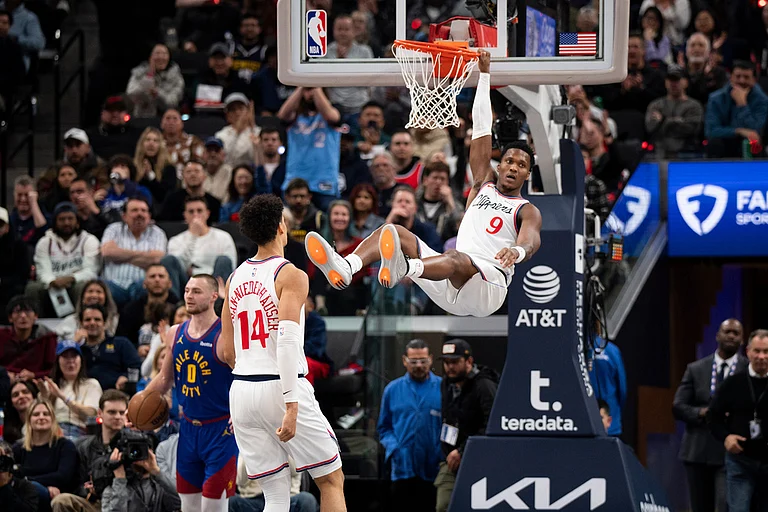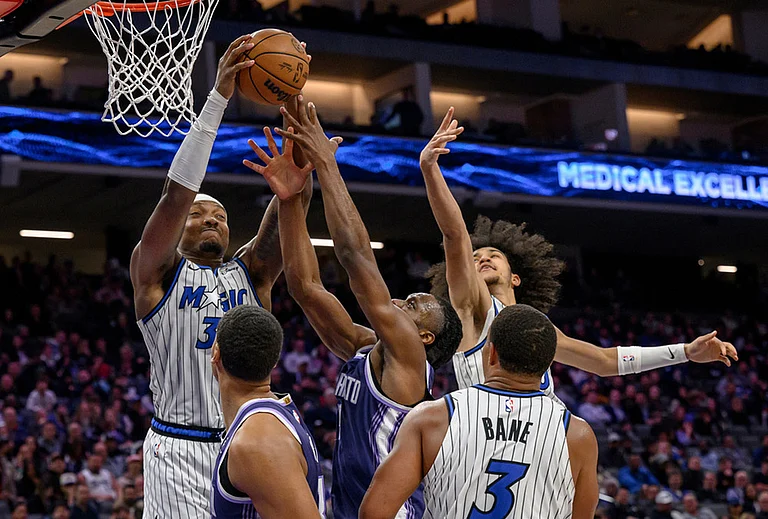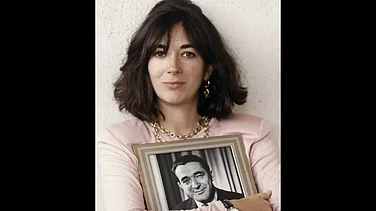Starbucks' newly appointed CEO, Brian Niccol, will not be required to relocate to the company's headquarters in Seattle. Instead, Niccol will continue residing in Newport Beach, California, and will commute to Starbucks' Seattle office via corporate jet, as revealed in an SEC filing last week.
Niccol, who will officially assume his role next month, will receive a base salary of $1.6 million annually, with potential for a performance-based cash bonus ranging from $3.6 million to $7.2 million. He is also eligible for annual equity awards valued up to $23 million.
This arrangement mirrors a similar deal Niccol negotiated with Chipotle when he became its CEO in 2018. At that time, Niccol, who had previously led Taco Bell, lived in Newport Beach while Chipotle was headquartered in Denver. The fast-casual chain later relocated its headquarters to Newport Beach three months after his appointment.
Starbucks has accommodated Niccol's remote work preference by setting up a dedicated office for him in Newport Beach, complete with an assistant of his choice. Despite this arrangement, Niccol is expected to work from the Seattle office at least three days a week, adhering to Starbucks' hybrid work policies. A company spokesperson emphasized that Niccol's primary office will be in Seattle, and he will spend a significant portion of his time traveling to engage with partners and customers globally.
Niccol's remote work setup underscores a growing trend where high-ranking executives negotiate flexible work arrangements that are not typically available to average employees. Raj Choudhury, a Harvard Business School professor specializing in remote work, notes that such arrangements are becoming increasingly common as companies strive to attract top talent in a competitive labor market.
"Executives are often granted more flexibility because companies need to offer attractive packages to secure their expertise," Choudhury explained. He pointed out that recent examples include Hillary Super, the new CEO of Victoria's Secret, who will also work remotely from New York City rather than the company's headquarters in Ohio.
Despite these instances, the broader implications for remote work at the executive level remain uncertain. Some CEOs, like Amazon's Andy Jassy and JPMorgan Chase's Jamie Dimon, have enforced strict return-to-office policies, contrasting with the flexibility afforded to others.
Choudhury views Niccol's arrangement as a strategic move by Starbucks to leverage his proven track record in revitalizing companies. Under Niccol's leadership, Chipotle rebounded from a foodborne illness crisis and achieved a remarkable 773% increase in stock value during his tenure.
"Starbucks' decision reflects a smart risk to attract a proven leader," Choudhury said. "As more companies witness the benefits of such flexible arrangements, we might see a shift that could inspire broader flexibility across all levels of employment."




























